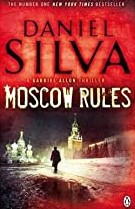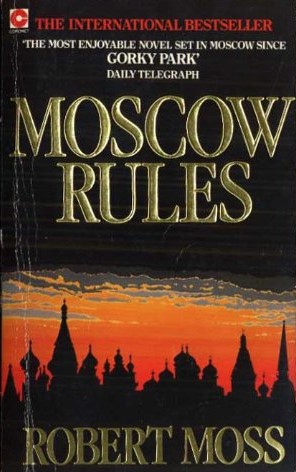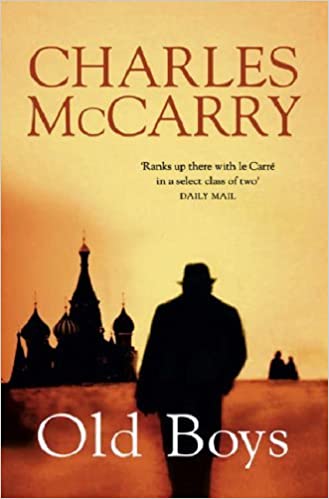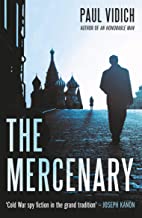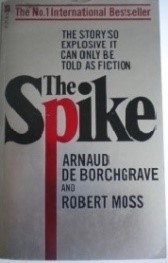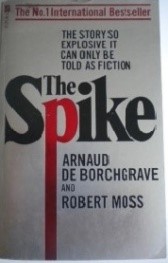
Russia in Fiction has several times repeated our short list of the best writers of Cold War espionage novels. It goes, John le Carré, rhymes with Charles McCarry, and add a couple of Bobs (Littell and Moss).
But have we yet reviewed a Robert Littell espionage novel? It’s a rhetorical question.
Russia in Fiction has reviewed a le Carré (Our Kind of Traitor), a couple of McCarrys (The Secret Lovers and Old Boys), and one and half Moss’s (Moscow Rules, and The Spike co-written with Arnaud de Borchegrave).
And now we finally get round to reviewing a Robert Littell book, and what do you know, it is not one of his invariably terrific espionage novels. In fact it is not even a book we enjoyed much. But it is a fine novel from the Russia-in-fiction perspective, written by a skilled writer with undeniable panache and wit and knowledge of Russia.
Continue reading